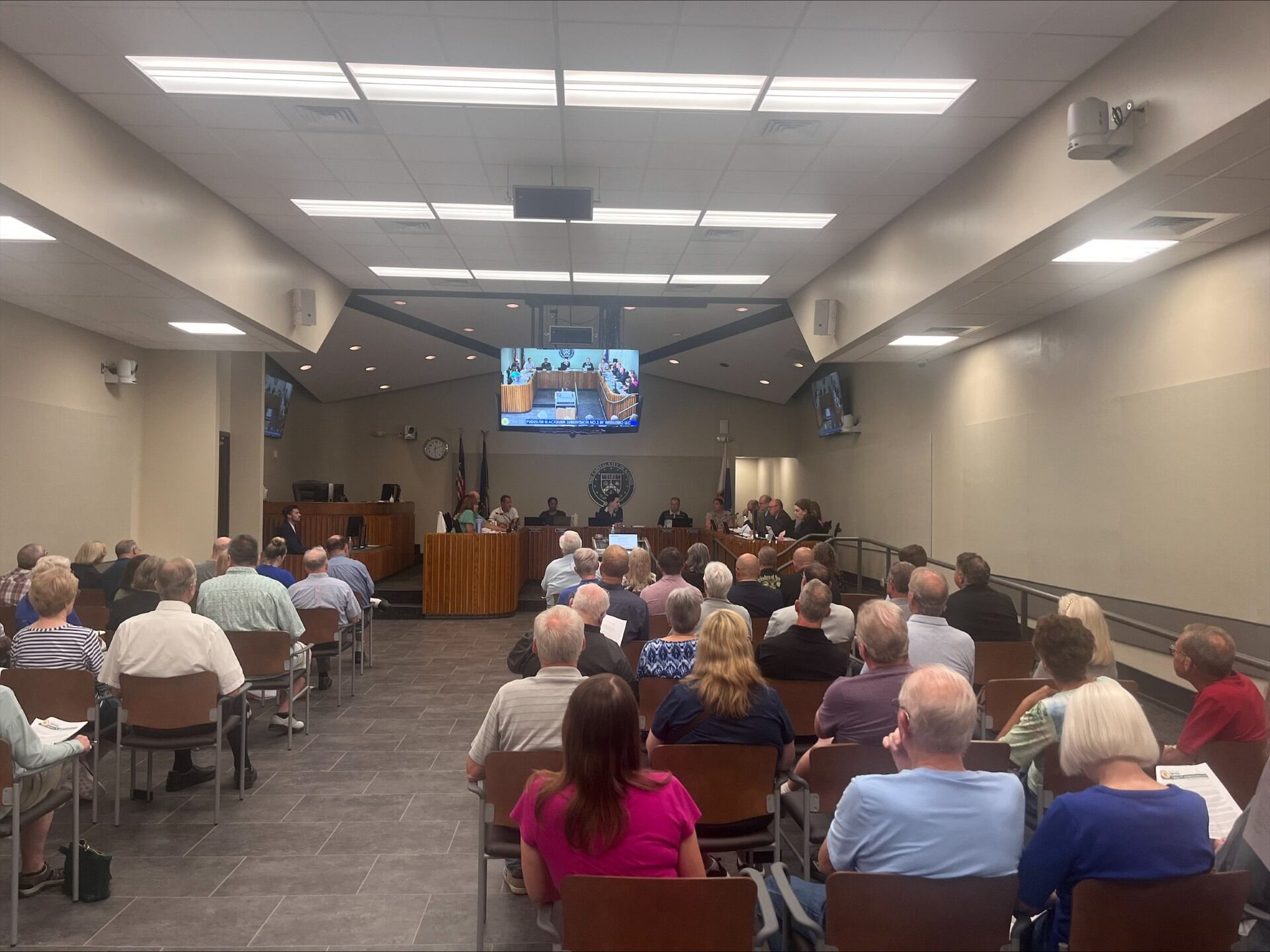Community Concerns Over Proposed Fueling Station in Topeka
Topeka’s Planning Commission recently reconvened to review a proposal for a new fueling station and convenience store. The project, led by Maverik, aims to establish a facility tailored for semi-truck drivers at the 6th and Fairlawn property. This development has sparked significant debate among local residents, business owners, and city officials.
The City Council initially sent the recommendation back to the Planning Commission for further evaluation. This decision was influenced by concerns raised by community members who would be directly impacted by the project. Many expressed their reservations during public hearings, emphasizing that the proposed location may not be suitable for such a large-scale operation.
Local business owner Sarah Bremer Parks voiced her concerns, stating, “I really hope we can all work together and find a really great place for Maverik, but this is not the best site for this.” Her comments reflect a broader sentiment among residents who feel that the location could lead to long-term issues for the neighborhood.
Tolong support kita ya,
Cukup klik ini aja: https://indonesiacrowd.com/support-bonus/
Karen Clowers, a former KDOT Research Geologist, provided technical insights into the potential damage caused by heavy vehicles. She explained, “A vehicle with twice the axel weight will cause 16 times the damage to pavement.” According to her, each fully loaded 18-wheeler traveling down Fairlawn could equate to the impact of 9,600 cars. This raises serious questions about the infrastructure’s ability to handle such traffic.
Resident Rodney Harmon echoed these concerns, saying, “We’re not trying to say that Maverik’s not wanted in Topeka. We’re saying that they chose the wrong intersection for that location.” His statement highlights the community’s desire for a more appropriate site that would minimize disruption and ensure safety.
Dozens of neighbors, business owners, and other stakeholders attended the public hearings to express their opposition to the proposed development. Their concerns were centered around the potential increase in traffic, safety risks, and the strain on existing infrastructure.
Maverik Development Manager Josh Rabe defended the company’s approach, noting, “To this point, all the other projects that have been asked to develop in that area in the last few years have asked for significant taxpayer contributions, and we’re doing it on our own.” He emphasized that the company aims to be a positive addition to the community.
Despite the strong opposition, the Planning Commission had to provide a recommendation to city leaders. Commission Vice Chair Del-Metrius Herron acknowledged the community’s input, stating, “Something else could go there with no conversation and be just as much of an issue.” He added, “So I want to make sure that people understand we read your comments, we heard what you have to say. So us voting doesn’t mean we don’t care, it’s just what we’re voting on.”
Commission member Katy Nelson pointed out that the traffic study highlighted the area’s unpreparedness for such a development. She noted, “There’s too much here in the traffic study that is showing the area’s not ready for it.” This sentiment was echoed by Harmon, who pointed out that the intersection of 6th and Fairlawn is already considered dangerous. He questioned, “If you already know that there’s a problem with accidents in that area, why would you put 600 more vehicles in that area a day?”
In response to the concerns raised, the Planning Commission amended its recommendation. New restrictions were added to waystations and fueling stations targeting semi-trucks. However, the final decision remains with the governing body, which will consider all perspectives before making a determination.
The debate over the proposed fueling station underscores the importance of community engagement in urban planning. As Topeka continues to grow, balancing development needs with the well-being of residents will remain a critical challenge.







